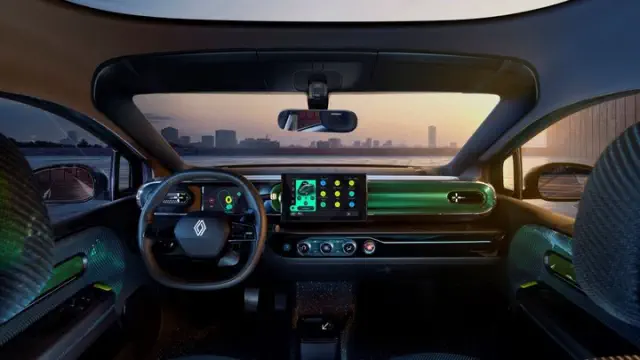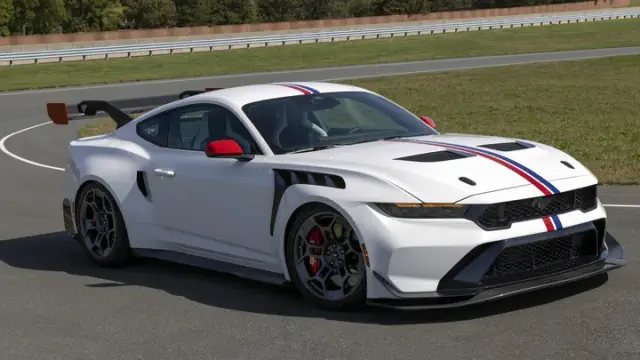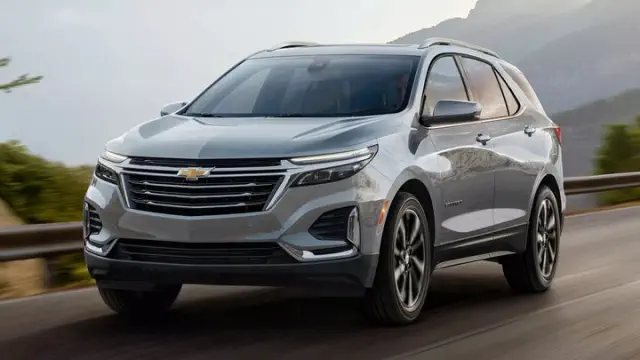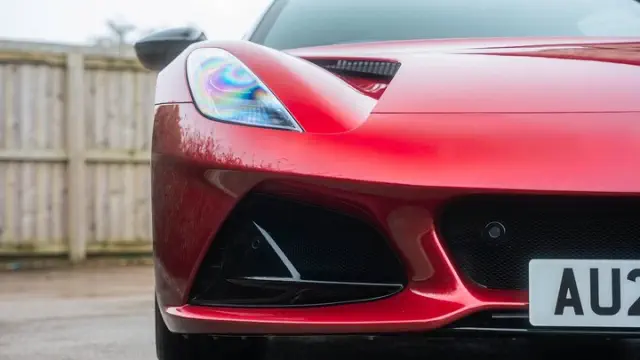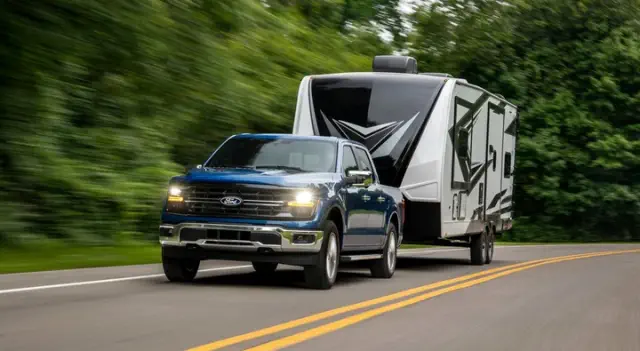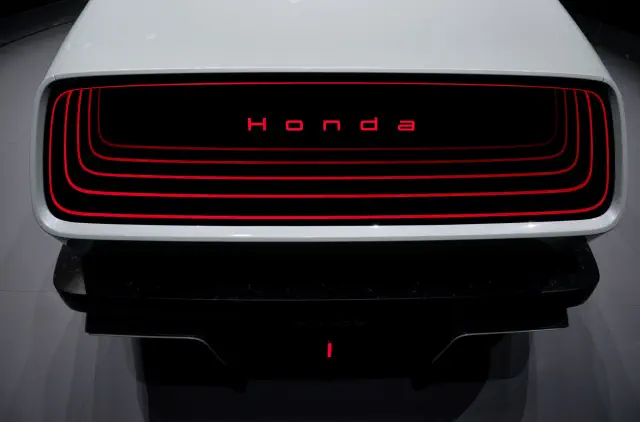
View pictures in App save up to 80% data.
The recent introduction of Honda's electric vehicles at CES is set to transform the future of transportation and promote sustainability.
Honda's courageous entry into the electric vehicle sector has not only garnered significant attention but has also attracted interest from prominent investors keen on promoting a more sustainable future. With ongoing technological advancements and a steadfast dedication to eco-friendliness, Honda is leading the charge in reshaping our perceptions and experiences of transportation. Electric vehicles signify more than just a shift in driving habits; they embody a fundamental rethinking of our energy usage and commitment to environmental stewardship.
The increasing popularity of electric vehicles is closely aligned with a change in consumer values. More people are seeking methods to minimize their carbon impact, opting for environmentally friendly choices that maintain high performance standards. With Honda introducing its advanced EV range, consumers will find models featuring state-of-the-art technology aimed at improving both efficiency and the overall driving experience.
Expanding on this groundwork, the incorporation of digital health technologies into daily routines illustrates a wider movement towards personal wellness. With sophisticated fitness trackers that keep tabs on health indicators and AI-driven wellness coaches that provide tailored guidance on fitness and nutrition, the focus on managing personal and family health is increasingly prominent. These devices have evolved from simple add-ons to vital instruments for health-aware individuals.
By investing in these technologies, individuals can gain greater autonomy over their health and promote a more proactive stance towards wellness—an approach that is becoming essential in our rapidly evolving society. Digital health solutions are especially appealing to younger generations who are keen to adopt technology-driven lifestyles. The ease of use these tools provide facilitates the incorporation of health data into everyday activities, simplifying the process for families to uphold healthy routines.
The increasing emphasis on renewable energy alternatives brings important consequences for the technology sector's alignment with consumer expectations. With energy efficiency gaining traction among consumers, the market is shifting towards smart devices aimed at maximizing energy use in residential and commercial settings. Advances in smart energy management systems help reduce energy costs and advance sustainability initiatives. Today's consumers are eager to make informed decisions that promote environmental responsibility while still reaping the rewards of contemporary conveniences.
In light of recent changes, it is evident that companies need to swiftly adjust to an evolving market landscape. The intersection of electric vehicles, digital health advancements, and renewable energy initiatives presents a distinctive chance for businesses to connect with consumers in various ways. By harmonizing innovation with accountability, brands can foster loyalty and trust among consumers who are becoming more conscious of how their buying choices affect the environment.
Honda's electric vehicles represent not just the thrilling possibilities of automotive advancement; they also underscore a broader story about our shared path toward sustainability. By adopting electric mobility, Honda is transforming the way we move while committing to the development of a holistic eco-friendly environment. This initiative resonates with the increasing consumer desire for transparency and responsibility in corporate sustainability practices.
As we move through this transformative phase of electric vehicles, the impact reaches far beyond the automotive industry. This environmental transition is closely linked with the growth of digital health solutions and renewable energy projects, heralding a holistic reimagining of our way of life. The focus now shifts from pondering if we will embrace these technologies to the speed at which we can weave them into our everyday routines.
The vibrant convergence of these trends is especially significant for companies that leverage these advancements to adapt to changing consumer demands. With electric vehicles gaining traction, manufacturers that focus on battery technology, develop charging infrastructures, and create intuitive applications will set themselves apart in a competitive landscape.
At the same time, the digital health sector offers significant opportunities for established technology firms to shift or broaden their services. Companies involved in data analysis, mobile technology, or healthcare innovations need to refine their approach to cater to a health-aware demographic. Personalized health tracking is now seen as a baseline expectation instead of an optional extra. Organizations that emphasize tailored solutions and provide immediate insights will attract the increasing number of health-conscious consumers.
Ultimately, exploring the realm of renewable energy options presents significant opportunities for tech firms ready to take action. Investing in intelligent energy technologies not only boosts customer interaction but also underscores a dedication to sustainable practices. By developing solutions that enable consumers to optimize their energy consumption, companies can establish themselves as frontrunners in this burgeoning sector.
Honda's presentation at CES signifies a pivotal moment, setting the stage for a sustainable future where electric vehicles seamlessly integrate with a variety of health and energy technologies. The impact of these advancements inspires us to rethink our everyday lives, ushering in a surge of innovative practices focused on health, efficiency, and environmental awareness. By embracing these transformative trends, brands can forge enduring connections with consumers, fostering the development of a healthier and more sustainable future.
